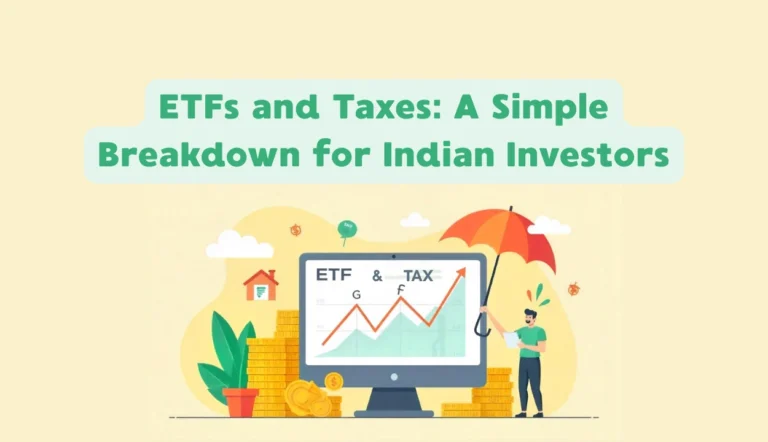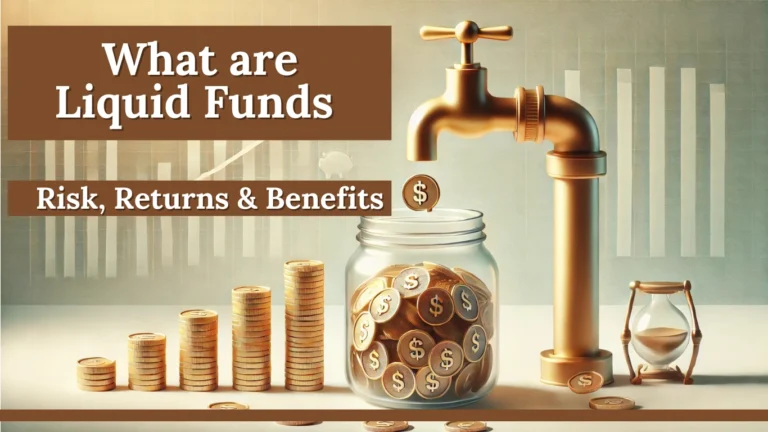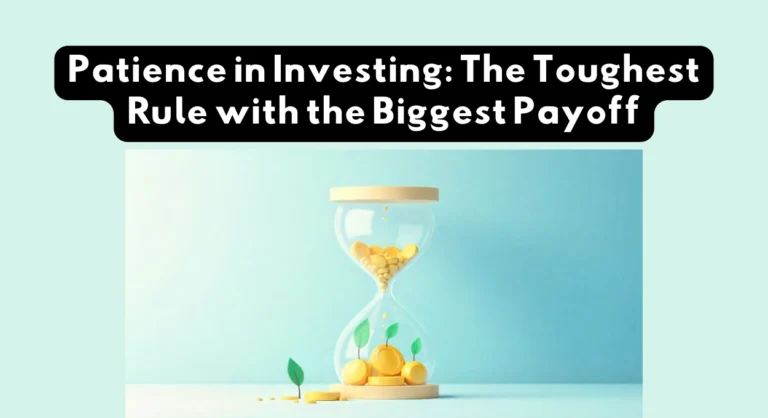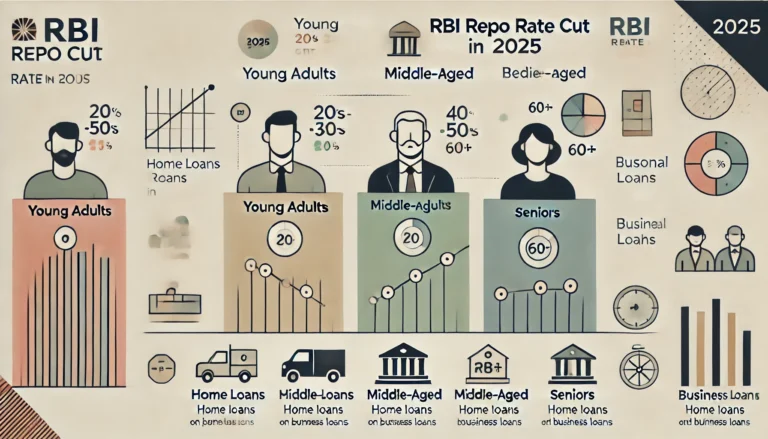The Golden Rule of Compounding: Lessons from Charlie Munger
Charlie Munger, the legendary investor and long-time partner of Warren Buffett, is widely celebrated for his wisdom in investing and life. Among his many pearls of advice, one stands out for its simplicity yet profound impact: “The first rule of compounding: Never interrupt it unnecessarily.”
This one line distils the essence of what makes compounding such a powerful force in building wealth over time. But while the concept may seem straightforward, applying it consistently is far from easy. Let’s break down Munger’s golden rule of compounding and understand why it holds the key to achieving long-term financial success.
The Power of Uninterrupted Compounding
At its core, compounding is the process where your investments grow by earning returns not just on the original principal but also on the accumulated gains. It’s the classic snowball effect—the longer it rolls, the bigger it becomes.
Here’s a simple example:
- Imagine you invest ₹10,000 at an annual return of 10%.
- After the first year, your investment grows to ₹11,000.
- In the second year, your returns are calculated on ₹11,000, not just the original ₹10,000.
Over time, this effect multiplies your wealth exponentially. But here’s the catch—compounding only works its magic if left uninterrupted.
Also Read:- https://ipofront.in/how-a-weakening-rupee-can-impact-your-mutual-fund-returns/
Why Interruptions Hurt Your Wealth
Interrupting compounding is like stopping a growing plant mid-way—it disrupts its natural progression. Whether it’s withdrawing funds prematurely, frequently trading to chase returns, or reacting impulsively to market downturns, every action resets the clock on compounding.
For instance, if you were to invest ₹10,000 at an annual return of 7% and let it sit for 30 years, it would grow to over ₹76,000. However, if you interrupted the process by withdrawing funds or making poor trading decisions, the final amount could be drastically lower.
Each interruption reduces the base amount on which future returns are calculated, effectively shrinking the snowball before it has a chance to grow to its full potential.
Avoiding the Temptation to Act
Let’s face it—the financial world is noisy. Headlines about market crashes, trends, and predictions can create a constant urge to act. Add emotional reactions like fear during downturns or greed during market rallies, and it becomes incredibly challenging to stay the course.
But Charlie Munger’s advice offers clarity:
- Patience beats panic. Instead of reacting impulsively, focus on the long-term trajectory of your investments.
- Ignore the noise. Markets will fluctuate—it’s their nature. By not overreacting to short-term volatility, you let compounding do the heavy lifting.
Also Read:- https://ipofront.in/from-dividends-to-gains-understanding-mutual-fund-taxation/
The Emotional Roller Coaster of Investing
Investors often feel compelled to time the market or chase the “next big thing.” However, Munger reminds us that investing is less about timing and more about time in the market.
Quick example:
Imagine an investor panics during a market dip and sells their holdings. By the time they reinvest, the market has already rebounded, and they’ve missed out on the recovery. This cycle of buying high and selling low is a sure-fire way to undermine the power of compounding.
The Cost of Frequent Trading
Frequent buying and selling of investments not only interrupts compounding but also incurs costs:
- Transaction fees: Every trade comes with a price, eating into your returns.
- Taxes: Short-term capital gains taxes can significantly reduce profits.
- Missed growth opportunities: While you’re busy switching funds, the investments you exited might start to perform better.
Instead of chasing short-term gains, staying invested in quality assets for the long haul yields better results
Lessons from Market Crashes
Market downturns often scare investors into making rash decisions. But history shows that downturns are temporary, while the growth of markets over the long term is consistent.
What should you do during a crash?
- Hold steady. Instead of pulling out, view downturns as an opportunity to invest more at lower prices.
- Think long-term. Remember, it’s time and consistency that compound wealth—not knee-jerk reactions.
Munger’s wisdom shines brightest here: staying calm during turbulent times is often the difference between average and exceptional investors.
Also Read:- https://ipofront.in/achieve-financial-freedom-resolutions-to-adopt-in-2025/
Embracing Patience and Discipline
At its heart, Munger’s golden rule emphasizes the virtues of patience and discipline:
- Patience allows compounding to unfold over decades, not days.
- Discipline ensures that you don’t sabotage your investments by reacting to short-term noise.
In today’s fast-paced world, these qualities might seem old-fashioned. But the truth is, the best results often come to those who can resist the urge to act unnecessarily.
Compounding in Action: A Real-Life Example
To truly appreciate the power of compounding, let’s consider this example:
- Investor A invests ₹1,00,000 at an annual return of 10% and leaves it untouched for 20 years.
- Investor B invests the same amount but withdraws ₹10,000 every 5 years.
Final results after 20 years:
- Investor A’s wealth grows to ₹6,72,750.
- Investor B ends up with only ₹4,19,000 due to interrupted compounding.
The difference is staggering and highlights the cost of unnecessary interruptions.
Also Read :- https://ipofront.in/the-5-key-areas-of-personal-finance/
The Mindset Shift
To fully embrace Munger’s rule, you need to shift your mindset:
- Stop viewing market fluctuations as threats and start seeing them as opportunities.
- Trust the process and give your investments time to grow.
- Recognize that compounding is a long-term game—it rewards the patient, not the reactive.
Wrapping Up: Let Compounding Work Its Magic
Charlie Munger’s golden rule—“Never interrupt compounding unnecessarily”—is a timeless piece of advice for investors. It’s a reminder that true wealth is built not through constant action but through consistent, disciplined inaction.
By resisting the temptation to meddle with your investments and allowing compounding to work its magic over time, you can achieve remarkable financial growth. So, the next time you feel the urge to act, pause and think: Is this move truly necessary, or am I interrupting compounding’s natural flow?
Let patience and time be your greatest allies, and watch as your wealth grows beyond what you thought possible.
Also Read:-
https://www.valueresearchonline.com/stories/47129/investing-lessons-from-buffett-and-munger/
https://www.fool.com/investing/how-to-invest/famous-investors/charlie-munger/







